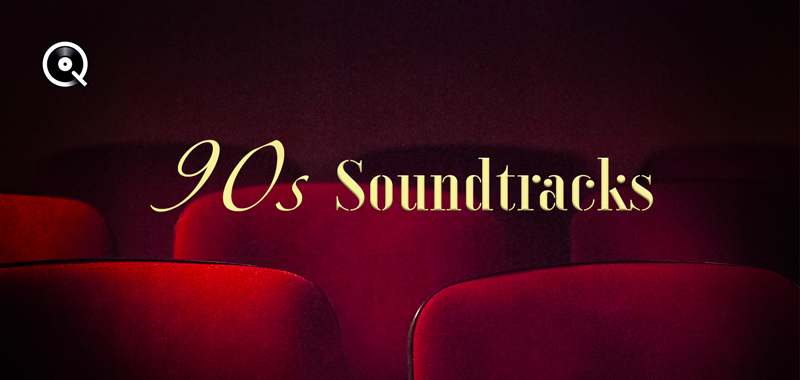For the Coppolas, music is a family affair. For instance, certain scenes within Francis’s impressive filmography have become iconic precisely because of their music, and the composers he’s directly worked with include Nino Rota on The Godfather (1972), John Barry on Peggy Sue Got Married (1986), as well as Carmine Coppola (his father) on The Outsiders (1983). Yet more than anything else, it’s the preexisting music that has left an indelible mark on cinephiles. Who doesn’t remember The Doors’ “The End” in Apocalypse Now (1979), or Richard Wagner’s “Ride of the Valkyries” in the same film’s helicopter attack scene? The relationship that Francis Ford Coppola and his daughter have to music is quite similar in that both share a passionate desire to liberally mix original scores with already-famous compositions. And just like her father, she is often criticized for using music that is a bit too “obvious”, and not taking many risks…every musical choice is beautiful and works marvelously well with the imagery, but their emotional power or pop culture significance is such that, in the end, they’d undoubtedly work with anything!
In this little panorama of Sofia Coppola’s use of music, the soundtrack of The Virgin Suicides must occupy a place of its own. Released in 1999, with its rather sophisticated form as well as its message, the film is often considered to mark a feminist event. It tells the memorable story of five adolescent sisters who live in a middle class American suburb and end up taking their own lives. The reason for this collective suicide isn’t clearly explained by the filmmaker – which is precisely what makes the movie so mysteriously intriguing – but we are led to believe that becoming aware of the oppression of women in their environment is what is, among other things, at the origin of their self-destructive melancholy. Near the middle of the film, the sense of imprisonment becomes almost palpable, as the mother, a very strict Catholic woman, does all that she can to shelter her daughters. She goes as far as throwing out their rock records, which are, according to her, a bad influence. The message is clear: for the director, music is, above all, synonymous with freedom.
Create a free account to keep reading







